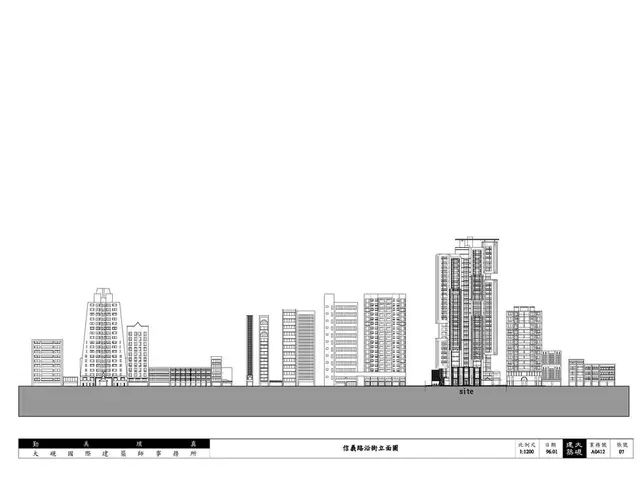Nail-Biter Election: Albania's Journey to EU Membership Hinges on Sunday's Vote
Albania's Parliamentary Elections Significant hurdle on EU integration journey
Albanians gear up for a crucial parliamentary election this Sunday, with the outcome likely to shape the Balkan nation's route to EU membership. Contender Prime Minister Edi Rama is eyeing a fourth term, vowing to press forward with his ambitious 2030 EU entry plans. Opposing him is right-wing former premier Sali Berisha and his coalition, chanting the Trump-esque "Great Albania" mantra.
Polling hours stretch from 7:00 am to 7:00 pm. Preliminary results are anticipated within a maximum of two days, with an unprecedented 245,900 overseas voters mailed their ballots for the first time.
Surveys tip a win for Rama's Socialist Party, which he's led since 2005. The 60-year-old Rama, who has faced corruption allegations, squares off against the 80-year-old Berisha, who seeks a comeback after 12 years in the sidelines following numerous investigations.
Let's dive into the key policy discrepancies that separate these two political heavyweights:
Policy Polarities
- EU Accession and Integration: Rama emphasizes Albania's EU accession, prioritizing alignment with EU policies and backing Kosovo's EU entry aspirations [3]. Berisha, however, seems to target EU integration subtly, with his nationalist stance and economic promises that could influence future EU interactions.
- Economic Policies: Rama's administration has courted foreign investments, granting strategic investor status to international companies such as Jared Kushner's firm for luxury resort development [2]. Berisha, on the other hand, pins his campaign on economic rejuvenation, promising to revitalize the economy in a manner reminiscent of Trump's populist economic pitch [5]. This includes a "Great Albania" vision.
- Nationalism vs. Global Collaboration: Rama leans towards a global and pro-European stance, celebrating Trump's geopolitical approach while upholding robust ties with European social democrats [2]. He advocates for Kosovo's acknowledgment and EU integration. Berisha, conversely, champions a more nationalist tone, endorsing the "Make Albania Great" slogan similar to Trump's campaign hallmarks and pledging to dismantle the "Open Balkan" initiative, indicative of a more self-focused policy [3].
- Geopolitical Orientation: Rama is widely recognized as a supporter of Western alliances, cultivating harmonious relationships with both the US and the EU, a prerequisite for Albania's accession [2]. Berisha, despite being penalized by the Biden administration, has aligned himself with Trump-era policies and consultants, mirroring a more populist and potentially isolationist geopolitical stance [2][5].
In a nutshell, Rama's strategies revolve around EU integration and a pro-European mission, whereas Berisha concentrates on nationalist rejuvenation and populist economic strategies. The voters' choice will undoubtedly steer Albania's future course.
References:1. ntv.de2. AFP3. Numbeo Insights4. Opposition of Albania5. U.S. Global Leadership Coalition
- The upcoming parliamentary election in Albania will determine the future EU membership journey, with Prime Minister Edi Rama, who has advocated for EU accession, seeking a fourth term.
- Opposing him is Sali Berisha, who has promised to revitalize the economy in a Trump-esque manner and endorses a more nationalist tone, potentially impacting future EU interactions.
- Rama's administration has courted foreign investments, while Berisha's campaign emphasizes economic rejuvenation, offering a clear policy divergence in economic strategies.
- In terms of EU integration, Rama has consistently prioritized alignment with EU policies, backing Kosovo's EU entry aspirations, whereas Berisha seems to target EU integration subtly.
- The outcome of the election could steer Albania towards either a more pro-European mission under Rama or a more self-focused policy under Berisha, with significant implications for Albania's geopolitical orientation.







